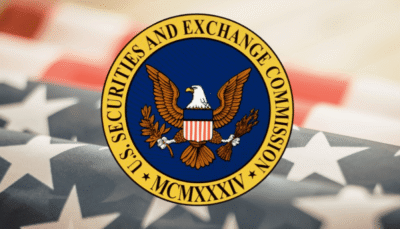The Philippines has officially enacted a far-reaching regulatory framework that sets new standards for crypto firms operating within its borders. Under Securities and Exchange Commission (SEC) Memorandum Circular No. 5—issued May 30 and now in effect—all crypto-asset service providers (CASPs) must incorporate locally, maintain physical offices, and meet a minimum paid-up capital of ₱100 million (approximately US$1.8 million).
This marks the country’s most ambitious move yet to bring structure and accountability to its fast-growing crypto sector. Firms are now obligated to submit regular operational and financial reports, maintain a strict separation between client and company assets, and comply with transparency standards around any digital assets they issue or support.

The framework also introduces comprehensive disclosure obligations. CASPs must provide clear documentation outlining each token’s features, associated risks, and the underlying technology behind it. The policy signals a regulatory pivot aimed at protecting investors while encouraging responsible innovation.
As the crypto industry matures across Southeast Asia, the Philippines’ new regime positions the country as a serious regulatory player—one looking to balance financial innovation with strong governance and consumer protection.
$107B Market Prompts Tougher Crypto Oversight
The Philippines is tightening control over its booming digital asset sector—an industry Finance Secretary Ralph Recto estimates to be worth over $107 billion. The country’s new regulatory framework aims to bring order to what has long been an expansive but loosely governed market, impacting millions of local crypto users and service providers.
While the ₱100 million (US$1.8 million) minimum capital requirement is now the benchmark for CASP registration, the SEC has included a discretionary exemption pathway for smaller firms. Startups may apply for relief under specific conditions, though the overall tone of the regulation underscores a shift toward stricter compliance expectations across the board.
In practice, the new rules significantly raise the bar for operations. CASPs are now classified as covered entities and fall under the joint supervision of the SEC and the Anti-Money Laundering Council. This dual oversight mandates robust compliance systems, including transaction monitoring, Know Your Customer (KYC) protocols, and frequent reporting—such as board meeting minutes and ongoing risk evaluations.
Industry voices caution that while the framework offers long-term regulatory clarity, it could introduce short-term friction for newer entrants, especially those without the infrastructure to meet technical and governance standards. Still, the overall sentiment suggests the Philippines is embracing a “regulated innovation” model—designed to legitimize the crypto economy without stifling its growth.
Quick Facts
- The Philippines’ new rules require local registration and ₱100M capital.
- Crypto-asset providers must submit regular reports and separate client assets.
- Disclosure requirements cover token risks and underlying technologies.
- CASPs now fall under both SEC and Anti-Money Laundering Council oversight.
- Exemptions exist for startups, but standards are tightening overall.





